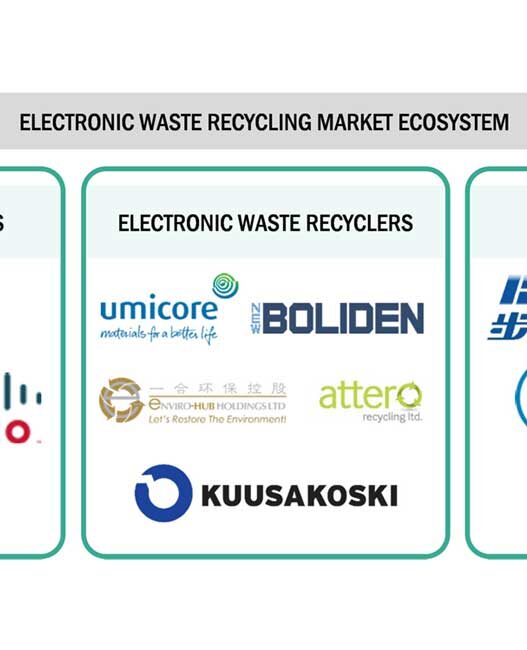The new initiative, encouraged by Let’s Go Zero during recent discussions with the Mayor’s office, intends to help schools in London become more energy efficient and to generate clean power onsite and is part of an existing target to deliver a net zero capital by 2030.
Alex Green, Head of Let’s Go Zero, a campaign coordinated by climate solutions charity Ashden, said: “We really welcome this announcement as the start of what we hope will be a much bigger commitment to schools in the capital doing their best to decarbonise at speed but with limited resources and capacity. We believe delivery of a just transition for communities across our country is a reason for hope and the best chance of sustainable change – that means safe, secure, zero carbon schools, warmer homes, and clean and resilient towns and cities.
“Let’s Go Zero has been encouraging the Mayor to take this first, very welcome step, and we will work with whoever is elected as London’s next mayor to accelerate and widen this initiative.”
The Climate Action Plan proposes £2 million of funding for 50 schools across London to install solar panels, heat pumps, and energy efficiency measures. There are just over 2,700 schools in London, plus independent schools.
It also includes tree-planting initiatives, and plans for new green spaces, plus an increased investment in walking and cycling networks. Creation of new jobs in growing green industries such as renewable energy is also central to the plan.
Green continued: “Let’s Go Zero has already demonstrated a clear demand from school leaders and students for much greater government ambition and action. Nearly 3,000 schools have now signed up, representing around 1,400,000 students, 210,000 staff and about 10% of the UK school estate.”
Examples of schools that have already taken the initiative to undertake some of these measures include:
St Winifred’s Primary School in Lewisham which has done an extensive amount of work making changes to how the school is managed – including installing over 130 solar panels onto their school roof. They have been awarded the Gold STAR award for sustainable travel and the students have come up with inventive ideas to reduce food waste plus many other measures.
REAch2 – the largest primary academy trust in the country – have created a six-point strategy which encompasses sustainability throughout the 60 schools managed by the trust, many of which are in London. This includes adding environmental impact into everything they do and buy, and embedding sustainability into the culture of all their schools. All the schools are reducing emissions from their school estate and improving their school grounds to support the curriculum as well as to improve biodiversity.
Let’s Go Zero have been pointing out since the start of their campaign in 2020, that the UK school estate (c. 33k schools) is in a dire state and is the public sector’s largest emitter of carbon from buildings, amounting to 37% of all public sector emissions.
But despite this clear demand and need for action, there is a huge leadership and funding gap to retrofit and future-proof our schools around the UK.
“We now need all political parties ahead of the general election to embrace the Mayor’s announcement and set out ambitious plans and investment in school decarbonisation. Fully integrated and coordinated with measures to mitigate the increasing risk to the education estate from flooding, overheating and water scarcity,” says Green.
“The good news is, doing so will not only ensure every child and young person has a safe and secure learning environment, it will address much of the existing school condition needs. These include building elements crucial to energy efficiency, such as heating and cooling, and improved external walls, windows and doors, and roofs. As well as massively reducing the approximately £1 billion schools spend each year on energy costs, it will free up over-stretched budgets for spending on teachers and pupils.”













